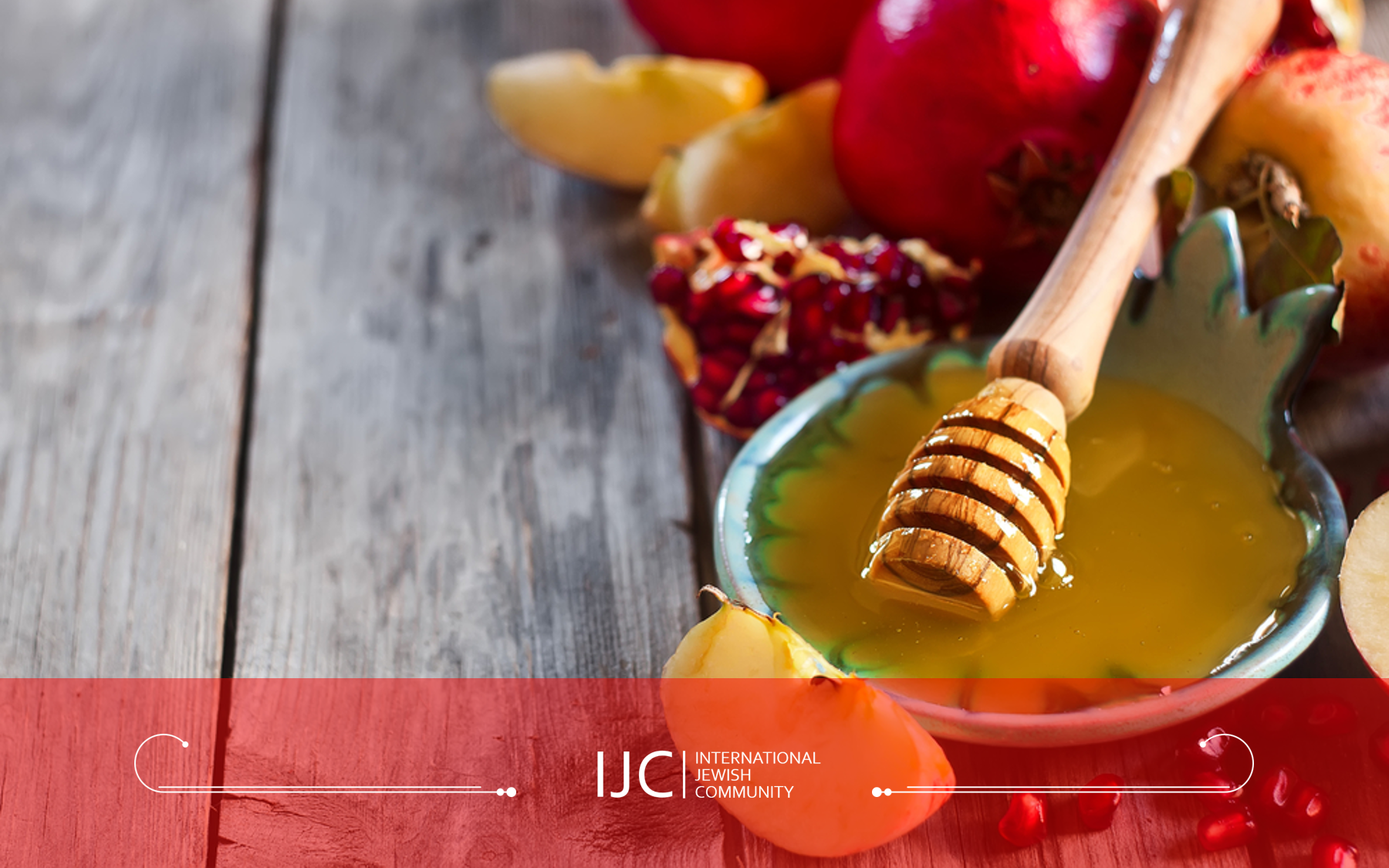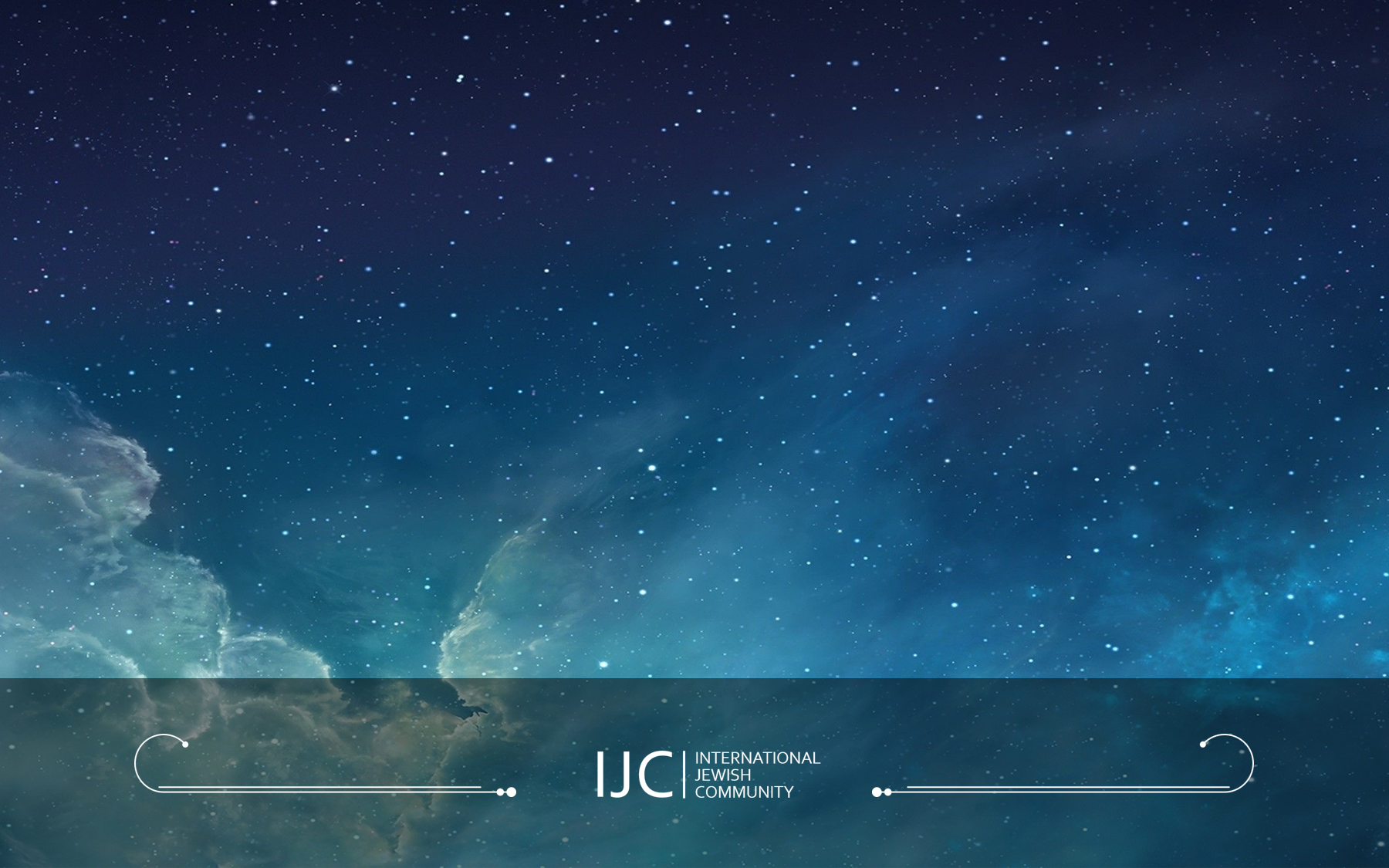Shabbat Candle Lighting Times for
Moscow, Russia
Friday, August 26th
Light Candles at 19:20
Shabbat, August 27th,
Shabbat Ends 20:37
Torah Portion: Eikev
The Miracle Within
“Okay Rabbi, now can we ask you some questions?”
That was the challenge posed to me recently by some teens I was teaching. They really give me a run for my money — their inquisitive questioning always has me looking for answers.
“So,” one of them pressed, “if it was so important for G d to make miracles, why doesn’t He do them today?” The ensuing discussion drew the whole group into a debate about if, when and why miracles are relevant.
The students recognized that there are miracles, great miracles, that accompany us on a daily basis, and that there are G dly people in every generation who are endowed with Divine super-natural powers. But, they argued,
what about the earth-shattering, plain-for-all-to-see variety of miracles that typified the biblical era? Where – and why – have they gone?
I breathed a real sigh of relief when my suggested answer finally got a thumbs-up from my hitherto skeptical colleagues. Though I must add, the idea wasn’t mine. I found it in Eikev, this week’s Torah reading.
The ups and downs of Jewish history – the miraculous highs, the tragic lows, and the plateaus of calm in between – are well captured in the Torah readings of the last two weeks.
Last week, in Va’etchanan, we read of the epic high of our story, the moment of revelation on Sinai that shaped our identity forever. No moment before or after that episode conveys the essence of Jewish faith like that experience of unity with the Divine in the desert sun.
And I can well understand why my new young friends wished that they, too, were given such an opportunity.
This week, however, our story takes us to our lowest fall, the episode of the Golden Calf. Only a short 40 days after the grand Sinai revelation, a crisis of faith put our existence in peril. The subsequent journey of repentance and return presaged what later became known as Yom Kippur, the Jewish holiday of reflection and renewal.
This part of the story, the void of revelation and vacuum of divine presence, is something that I think my students appreciated all too well.
Interestingly, both of these stories are followed by almost identical statements of faith that we recite at least twice daily.
The Ten Commandments in last week’s portion is followed by the Shema, and then, in the paragraph’s second verse: “And you shall love G d, your G d…”
In this week’s portion, the failing at the critical moment of Moses’ absence and our ultimate triumph over failure is followed by the second paragraph of the Shema: “And if you will listen,” many of whose words are a copy from the first paragraph of the Shema read the week before.
Despite their similarity, the subtle differences between the prayer’s first and second paragraphs offer perhaps the key to our survival, and our purpose, in the thousands of years since those miraculous moments transpired—and never repeated themselves again.
I’ll suggest just two of them.
1. In the first paragraph, the level of our love for and relationship with G d reaches an epic high – “bechol m’odecha” (“with all your might”) – which implies the highest level of selfless service for G d. Shedding any self-enhancing motive, we are asked to reach a level of unity with the Divine where our whole purpose is only to fulfill our mission. This is a manifestation of the very core of our soul, which is one with its Creator. In the second paragraph, however, this level is omitted. We are asked there “only” to love G d “bechol levavechem uvechol nafshechem” (“with all your heart and soul”). Yes, that’s quite an achievement, but at least one that is within our reach if we will it.
2. In the first paragraph there is no mention of reward and consequence. In the second, our relationship with G d is very much intertwined with the fulfillment of our needs — health, wealth, happiness, fulfillment — or the lack thereof.
Perhaps these two approaches to divine service are hinting at two different eras in our history.
The first reflects our story in the glow of divine revelation — the splitting of the sea, the Sinai experience, the Holy Temple in Jerusalem, etc.
In that time and place, yes, perhaps the inspiration, the certainty and the absolute knowledge that we gained from those experiences filled us with motivation and ability to follow a selfless path of total piety with no care for gain or reward.
The second approach, however, follows our story in the shadow of divine concealment and spiritual confusion — whether at the foot of the mountain on the supposed fortieth day, or in a classroom in Cape Town 2,000 years after the miracles of the Temple ceased to be.
In these times our relationship with G d is one where: 1. Our selfish identity remains very much at the fore; we’re not on the level of selfless unity with G d like those of a previous era. 2. Our reasons for serving G d are very much because of the gains – be they spiritual, emotional, or even material – that we see this lifestyle brings.
On the surface, one might think that the first approach represents the more ideal aspiration of the Jewish people.
In truth, however, it’s – in a certain way – the second, more integrated approach that has a deeper and more long-lasting effect. When there aren’t miracles to inspire us, we have to find the faith within. We need to initiate, to explore, to study and to appreciate what our relationship with G d really means.
True, sitting in a classroom and grappling with these ideas at the foot of Table Mountain in South Africa is not nearly as inspiring as sitting at the foot of Mount Sinai when they were revealed to us. It’s not as inspiring, and it’s far more challenging—but it’s a far greater achievement. It says much more about us, as opposed to the revelation at Mount Sinai, which spoke more about G d.
Today, when we don’t have the miraculous stories to solidify our beliefs, we have to find that strength within. And that is a true miracle.
The moments of G d’s open miracles set the foundation of our people. But now it’s our miracles, miracles of faith and conviction that build the story of our people. And that, our story, is the greatest miracle of all.
My eleventh-grade group seemed to think so. How about you?
Shabbat Shalom!
Rabbi Yanky and Rivky Klein
This email is In Loving memory of my dear father
R’ Yerachmiel Binyamin Halevi ben R, Menachem Klein OBM











Recent Comments